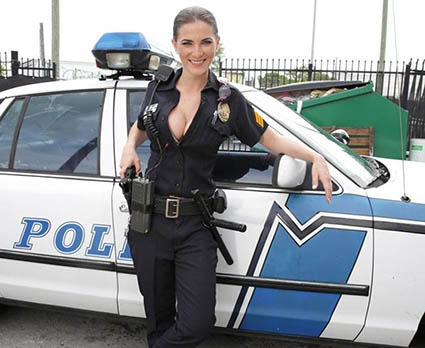Roadside control – Uniformed policemen with a nearby marked police car have the right to stop drivers inside and outside the built-up area, regardless of the time of day. On the other hand, non-uniformed officers may stop vehicles from dusk to dawn only in built-up areas.

During the control, the policeman is entitled to check documents such as: driving license, certificate of qualification, proof of registration, as well as the validity of the third party liability insurance policy. A police officer has the right to demand that the driver undergo tests in order to determine the alcohol content in the body or a similarly active agent. (drugs or drugs).
When it turns out during the roadside check, that our vehicle is technically inefficient and endangers traffic safety or violates environmental protection requirements, an officer may prevent us from using this vehicle. The policeman is entitled to use radars, exhaust gas analyzers and vehicle mass and speed tests. It can remove and move vehicles left in place, where it is forbidden or otherwise endangering the safety of traffic. An officer has the right to block the wheels of a vehicle left in place, where it is forbidden, but does not obstruct traffic or otherwise endanger safety.
For representatives of consular and diplomatic posts, blood alcohol content testing is not used during the inspection, checking the technical condition of the vehicle and keeping documents.